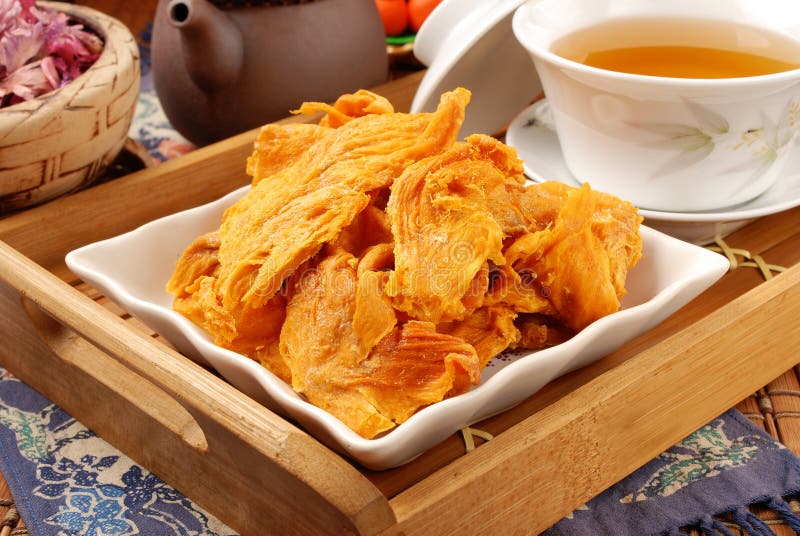Out of Exotic Mango Trees onto Your Table: The Charm of Dehydrated Mango
When those sunlit orchards of lush regions yield their sweet fruit, one delight that is remarkable is the vibrant and zesty flavor of mango. When transformed into dried mango, this favored fruit assumes an irresistible attraction that not just captivates the taste buds but also packs a punch of nutrition. The process of drying mango maintains its core qualities while boosting its sweetness, making it a well-loved snack choice for health-conscious individuals worldwide.
Dried mango is more than a simple yummy treat; it is a easy and adaptable addition to any diet. From the busy dried mango factory where these tender slices are meticulously processed to maintain quality and flavor, to the kitchen, this snack delivers a burst of exotic goodness that's hard to resist. Regardless of whether enjoyed on its own, mixed to smoothies, or included into trail mixes, dried mango provides a special way to experience the essence of the tropics anytime, in any location.
A Dried Mango Production Process
A process of dehydrated mango starts with the careful selection of ripe, high-quality mangoes from tropical trees. Harvesters meticulously harvest the fruit, making sure they are at their peak of ripeness to capture its natural sweetness and vibrant color. Such initial step is vital, as the flavor and texture of the dehydrated product heavily depend on how good of the fresh mangoes used. Once picked, the mangoes are transported to a dried mango factory, where they will undergo the transformation process.
Upon arrival at the factory, the mangoes are thoroughly cleaned to remove dirt and residues. Next, peeling and slicing the fruit into uniform pieces, which helps uniform drying. The mango slices are then processed in a dehydrating process, which can vary between methods such as air drying, sun drying, or utilizing industrial dehydrators. This process removes moisture while retaining the mango's natural flavors and nutrients, making it a healthy snack option.
Once the mango slices are dehydrated to the desired consistency, they undergo rigorous quality checks to ensure they meet industry standards. Imperfect pieces are discarded or repurposed. The final product is then packaged for distribution, often vacuum-sealed to preserve freshness and flavor. This careful production process results in the delicious, chewy treat that fans of dried mango savor around the world.
Nutritional Benefits of Dried Mango
Dried mango is not only tasty but also packed with important nutrients. It is an excellent source of vitamins A and C, which play important roles in supporting good vision, boosting the immune system, and promoting skin health. Just a tiny serving can provide a significant portion of your daily advised intake of these important vitamins, making it a wholesome addition to your meal plan.
In besides vitamins, dried mango contains essential minerals such as potassium and magnesium. These minerals are advantageous for heart health and help regulate blood pressure. The fiber content in dried mango also supports digestive health, encouraging gut health and overall well-being. This mix of vitamins, minerals, and fiber makes it a wise snack choice for those looking to maintain a balanced diet.
Furthermore, dried mango has natural sugars that provide a fast energy boost without the crash associated with processed snacks. It can be a ideal pre-workout snack or a nutritious treat during arduous workdays. With its robust flavor and pleasurable texture, dehydrated mango can easily fulfill sweet cravings while offering health benefits that contribute to a healthy lifestyle.
Eco-Friendly Procurement and Influence
Ethical sourcing of dried mango begins at the root level, where sustainable farming practices are crucial. Many dried mango factories focus on obtaining mangoes from local farmers who use environmentally friendly techniques. This ensures that the orchards stay healthy and productive over the long term, supporting both the ecosystem and the local economy. By promoting sustainable agriculture, consumers help foster biodiversity and reduce the carbon footprint associated with importing fruits from distant locations.
Moreover, the production of dried mango holds a significant role in minimizing food waste. By utilizing ripe mangoes that might potentially go unsold, dried mango factories can effectively minimize waste while providing a tasty and healthy snack option. This approach not only adds to a more efficient food system but also supports farmers by offering them a reliable market for their products. Emphasizing the value of such waste reduction aligns with a broader movement towards sustainability in food systems.
Finally, choosing dried mango from ethically sourced factories can have a positive social impact. Many of these facilities are committed to fair trade practices, guaranteeing that workers are compensated fairly and work in safe conditions. By purchasing dried mango, consumers can enjoy the benefits of a healthy snack while also contributing to a supply chain that values both ecological stewardship and social responsibility. This mix of quality, sustainability, and ethics makes dried mango a attractive choice for wellness-focused individuals.
